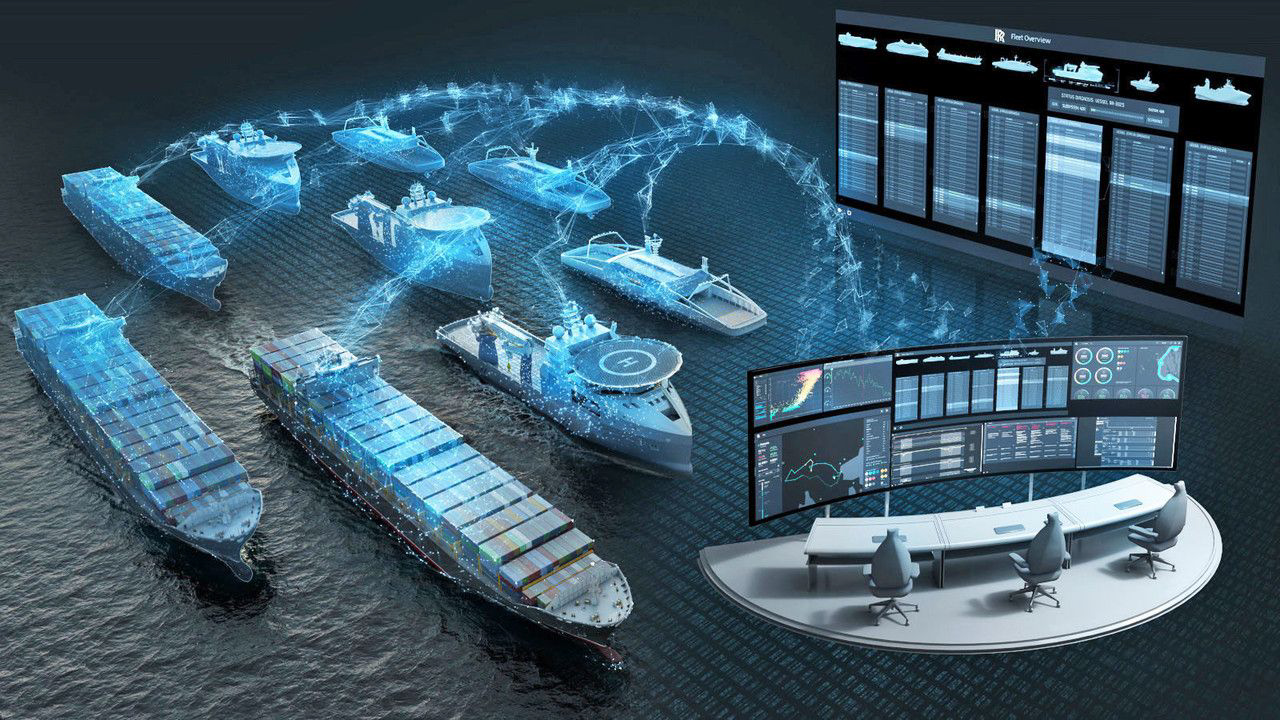The shipping industry cannot do without efficient cargo data management. Whether operating from major ports like Los Angeles and Long Beach or smaller shipping hubs across the United States, companies face similar challenges in maintaining data accuracy. Through improved accuracy, companies can track fast deliveries and reduce mistakes.
Effective cargo data management systems enable businesses to streamline operations and deliver exceptional service. In this post, we look closer at how better data can improve operations and be a huge advantage for shipping companies.
The Importance of Accurate Data
Any logistics operation heavily relies on accurate data. It guarantees shipments are well-tracked and arrive at their destination on time. Data inaccuracy can lead to vessel delays and the misdirection of cargo. Incorrect records are also the reason why clients become unhappy, and this can affect business reputation.
Improving Inventory Tracking
One of the prime advantages of efficient cargo data management is enhanced inventory management. With accurate data, businesses can closely track how many goods are available. This also enables more effective planning and lowers the chances of overstocking or stockouts. Proper inventory management through this software allows companies to meet customer needs more effectively.
Enhancing Customer Satisfaction
Customers demand on-time and accurate deliveries. Having proper data management over cargo can help shipping companies deliver a better customer experience. When the data is accurate, you can track information that you can share with your clients. This transparency builds trust, and that trust fosters even better customer relationships.
Reducing Operational Costs
Effective data management can drive down operational costs. It can help companies save money by reducing errors and increasing efficiency. Precise data can help eliminate rushed changes and fixes, which are expensive. Efficient operations also equal less fuel consumption and decreased labor costs.
Streamlining Communication
Communication is a key point in the shipping sector. According to the U.S. Department of Transportation, effective communication systems are essential for maintaining supply chain efficiency. With cargo data management, you ensure everyone is on the same page. Standardization reduces confusion and enhances collaboration among teams. If you have a single data system, communication becomes easy across shipper, carrier, and customer boundaries.
Utilizing Technology for Accuracy
Advanced technology has changed the way of managing cargo data. RFID tags, GPS tracking, and cloud-based systems help provide accurate data. Such technologies provide real-time solutions, letting companies track their shipments at any given moment. These tools can help businesses increase accuracy and speed.
Ensuring Compliance With Regulations
There are several regulations that shipping companies have to follow. When your data is managed correctly, you know all your documentation is correct and current. This ensures compliance, which minimizes the chance of fines and delays at customs. Good management helps ensure environmental regulation compliance, which is an increasingly important consideration.
Boosting Decision-Making
Accurate data supports better decision-making. Armed with reliable information, businesses can identify patterns and make data-driven decisions. Such insights are beneficial in route optimization and selection of appropriate carriers, as well as negotiation abilities. Data-driven decisions allow for more streamlined operations, which result in higher profits.
Challenges in Cargo Data Management
Cargo data management has advantages but also has its challenges. Data security is a concern, as breaches may cause loss or theft of information. Companies should invest in protective and secure systems that can prevent sensitive data theft. Moreover, new technology is difficult to integrate with legacy systems, requiring a robust and considered rollout.
Training and Development
Employee training is an integral part of cargo data management. The staff must know how to utilize the data systems effectively. Outdated tools and practices should not be used by employees; a well-planned, continuous development program will address this. Well-trained personnel are the key to ensuring the accuracy and efficiency of the whole operation.
The Future of Cargo Data Management
Technology continues to shape the future of cargo data management. With the progress of technology, we will have more tools to improve accuracy. AI and machine learning will advance data analysis capabilities. These will offer more detailed understanding and enhance efficiency.
Conclusion
Cargo data management is the backbone of shipping accuracy. Companies can improve their inventory tracking, cut costs, and increase customer satisfaction by maintaining accurate data. Despite the challenges, the advantages of effective data management are significant. As technology continues to improve, it opens the door to a future of even better accuracy and efficiency. Embracing such improvements will ensure that shipping firms stay competitive and meet the expectations of their customers.



































